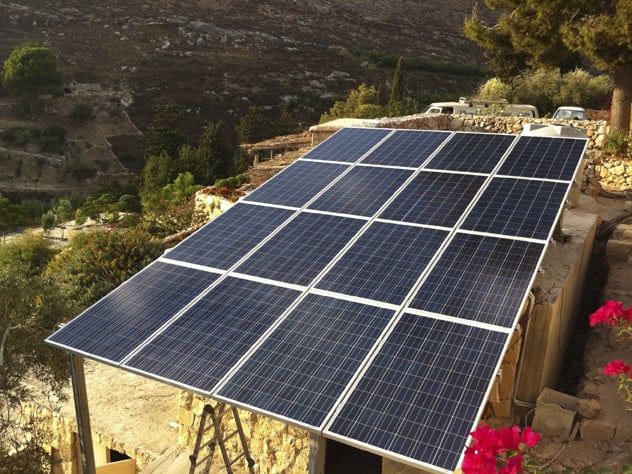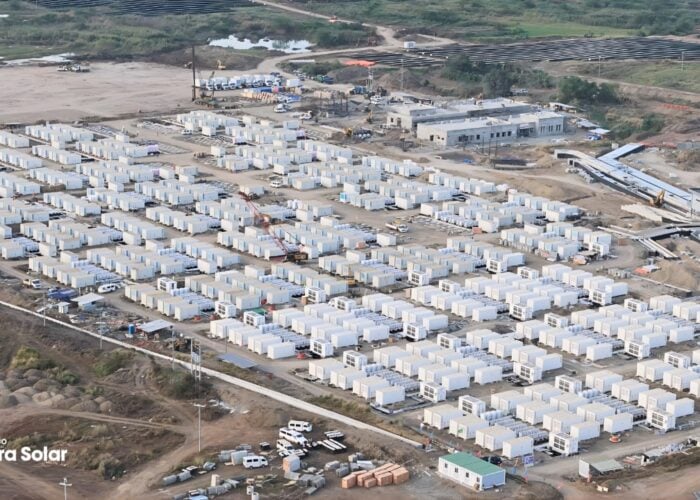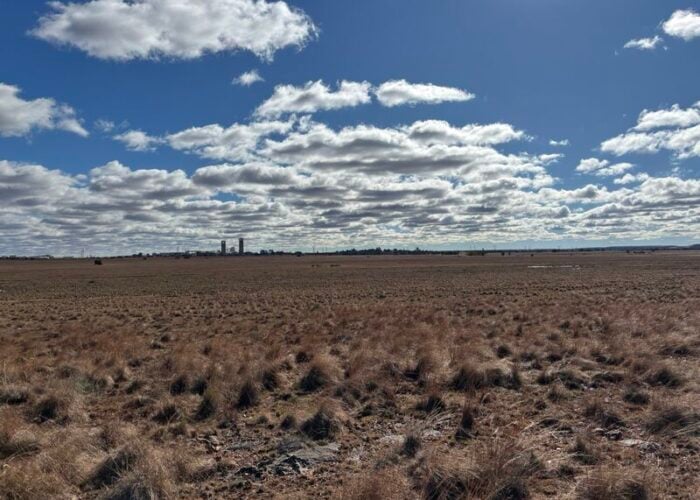
Solar finance company PEG Africa has raised US$13.5 million for household solar systems in Ghana and the Ivory Coast, which is expected to reach up to 500,000 people.
Customers on US$5-US$10 income per day can access loans for off-grid solar home systems through PEG using pay-as-you-go technology. Small incremental payments are made over a period of time allowing energy access to people who may typically find it unaffordable.
Try Premium for just $1
- Full premium access for the first month at only $1
- Converts to an annual rate after 30 days unless cancelled
- Cancel anytime during the trial period
Premium Benefits
- Expert industry analysis and interviews
- Digital access to PV Tech Power journal
- Exclusive event discounts
Or get the full Premium subscription right away
Or continue reading this article for free
PEG partnered with SunFunder in a multi-currency syndicated loan with six other lenders participating.
The fund was raised through a combination of debt and a series B equity financing, the first round raised US$7.5 bringing the total up to US$21 million.
Hugh Whalan, CEO of PEG Africa, said: “PEG Africa will be able to reach a major milestone of extending energy and financing to half a million people. We are excited that we can now accelerate our growth plans in key West African markets.”
With the growth of the African solar market off-grid finance and syndication is becoming increasingly popular.
In August the World Bank provided US$150 million in credit for off-grid solar for marginalised communities in Kenya. The project is expected to reach 1.3 million Kenyans in 277,000 homes.
More recently, Ugandan PV firm SolarNow received a US$6 million syndicated off-grid financing facility to deliver solar home systems to a wide-range of off-grid communities also through pay-as-you-go.
A recent Global Off-Grid Semi Annual Market report covering the first half of 2017 reported over 120 million people worldwide now have access to off-grid solar. The report showed 3.52 million product sales from January – June 2017 with 1.77 million (50%) accounted for in Sub-Saharan Africa.






